Prime Minister Nouri al-Maliki's recent visit to Iran is significant in terms of stabilizing his coalition government in Iraq's domestic politics, subsequently increasing its role in the region's power equations.
Domestically, Maliki in recent months has faced an opposition from the Sunni and Kurdish political groups, which have been criticizing his policy of centralizing the political power. In one instance, the distance between Maliki and his former deputy, Tariq al-Hashimi, as the leader of the Sunni opposition groups, has challenged the Iraqi regime. In addition to its negative effects on Iraq's domestic politics, this has found regional dimensions, evoking negative reactions from Turkey and Saudi Arabia toward Maliki’s coalition government.
Ankara and Riyadh also emerged as main supporters of Tariq al-Hashimi. The Turkish Prime Minister, Recep Tayyip Erdogan, criticized Maliki by noting that his policies will further widen the ethnic divisions in Iraq. There were also reports denoting that Saudi Arabia is open to hosting al-Hashimi.
These developments could imbalance the architecture of political forces inside Iraq to the detriment of Maliki’s government. Under these circumstances, bolstering relations with Tehran can change the power equation in favor of Maliki.
Accordingly, Tehran is also willing for Iraq to play a more important role in the regions’ power equations, especially now that the relations between Tehran and Ankara have become uptight over their discrepancies in dealing with the Syrian crisis. Turkey seeks to overthrow Bashar al-Assad’s regime in Syria, while Iran opposes this policy.
Turkey’s siding with the Western solutions to solve the Syrian crisis has gradually aroused Tehran’s distrust over Ankara’s regional goals. This development provides Maliki’s government with the best opportunity to show that Iraq could be a good substitute to Turkey in Iran's regional calculations.
Meanwhile, Iran and Iraq pursue common political and economic interests in their approach to solve the Syrian crisis. Here, both countries are interested to prevent rapid changes which can pave the way for a full-blown civil war in Syria, which can rapidly spread over into Iraq, consequently providing the Western forces with a new pretext to beef up their presence in the region. In addition, maintaining close relations with Syria has many economic benefits for both countries. For this reason, Iraq has announced that it would not support the United Nations Security Council’s sanctions against Syria.
The second, and perhaps the more important issue, which again relates to the strengthening of Iraq’s regional role, is the issue of holding the second round of nuclear talks between Iran and the P5+1 in Baghdad on May 23, 2012. Baghdad, like Ankara, perhaps with more motivation, holds political-security and geo-strategic interests in finding a solution for the nuclear standoff between Iran and the world powers, especially between Iran and the United States, the two protagonists influencing Iraq’s political scene.
Since his office in Iraq's government in 2006, Maliki has been close to Iran and the United States as well as trusting them. He has gained enough experience through previous dealings with both countries through handling Iraq's affairs, especially when he had a hard time assembling the Coalition government after the March 2010 Parliamentary elections.
Granting Baghdad a new role in hosting the forthcoming negotiations between Iran and the P5+1 will also strengthen the efforts in finding a regional solution to the Syrian crisis with the axes of Iran and Iraq this time.
This shows that the nuclear negotiations are somehow connected to the region's geo-strategic issues and that by granting Iraq a role in the nuclear talks, Tehran is also willing for negotiations to progress, leveled with the existing political-security realities of the region.
Establishing stability in Iraq after the withdrawal of the American troops is also vital to the US interests. In this regard, strengthening Maliki’s coalition government in Iraq's internal politics is critical under the current circumstances.
Maliki is taking good advantage of this opportunity to boost Iraq’s regional role. The presence of the representatives of the world powers in Baghdad will invigorate Iraq’s role in the Arab world power equations, which in turn, will further strengthen Maliki’s role in stabilizing his coalition government at home.
Maliki’s trip to Iran is a turning point in the Iran-Iraq relations and a sign of an increased cooperation between the two countries in the forthcoming months. This development will have significant impacts on the region's power equations.
Kayhan Barzegar is the Director of the Institute for Middle East Strategic Studies in Tehran. He is also Chair of the Department of Political Science and International Relations at the Science and Research Branch of the Islamic Azad University.
Source: E’temad Newspaper Editorial, April 23, 2012


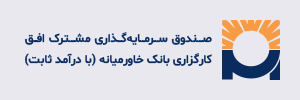
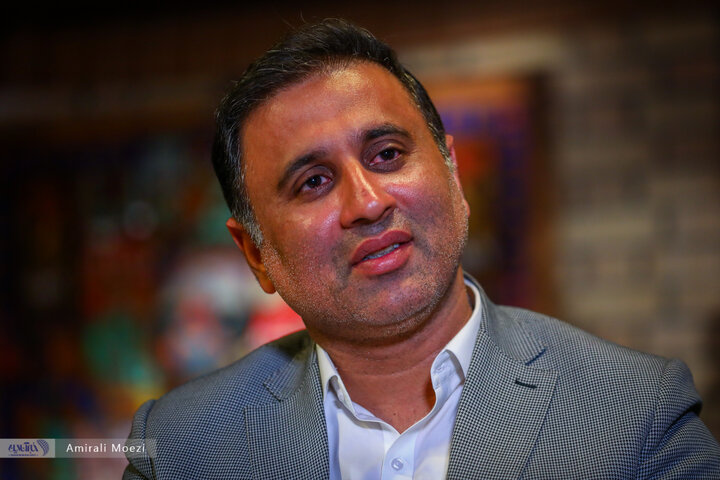

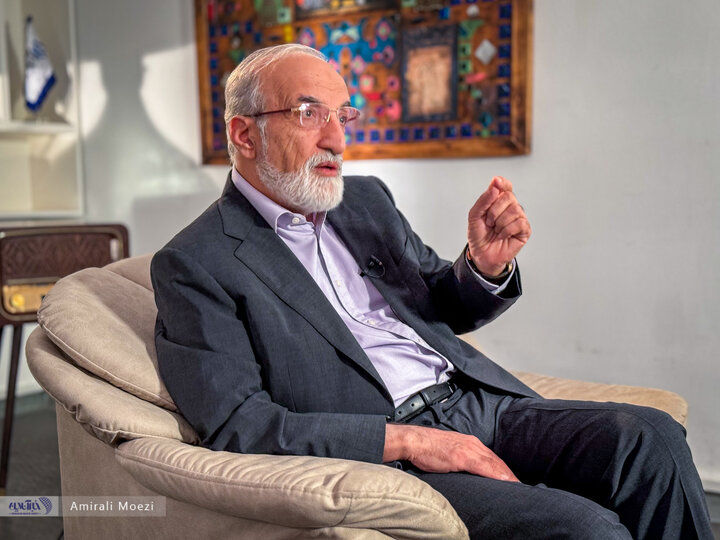
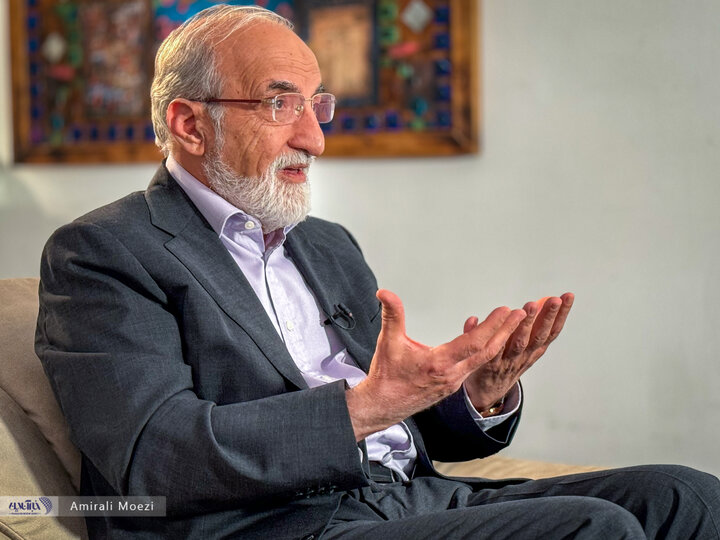
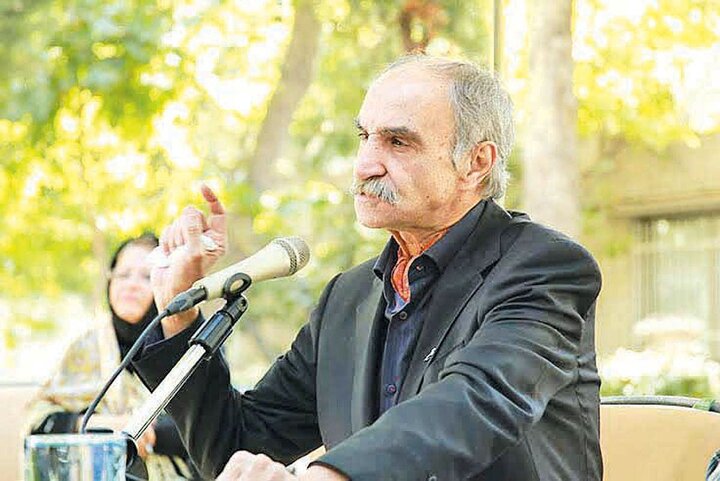
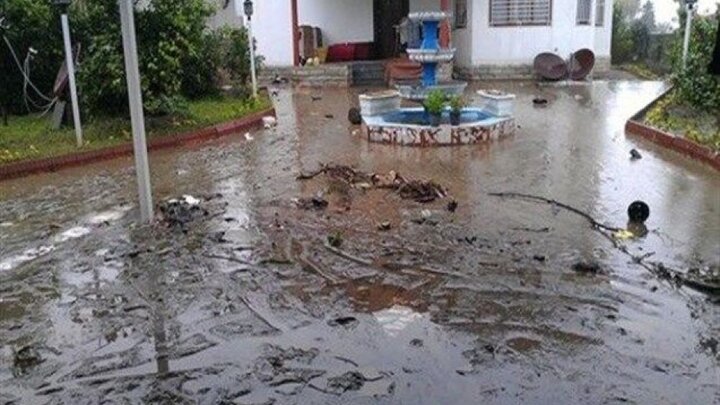
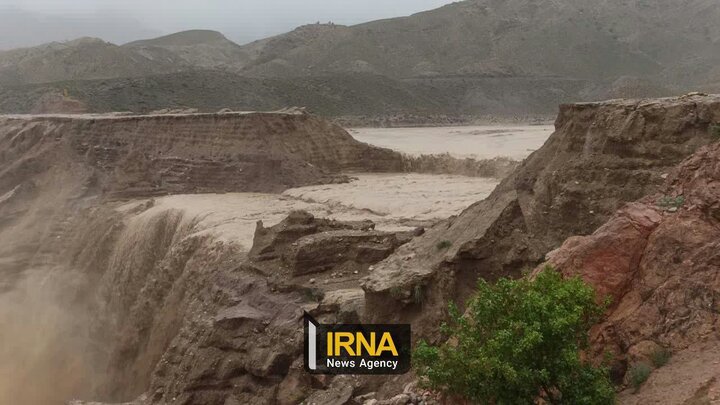
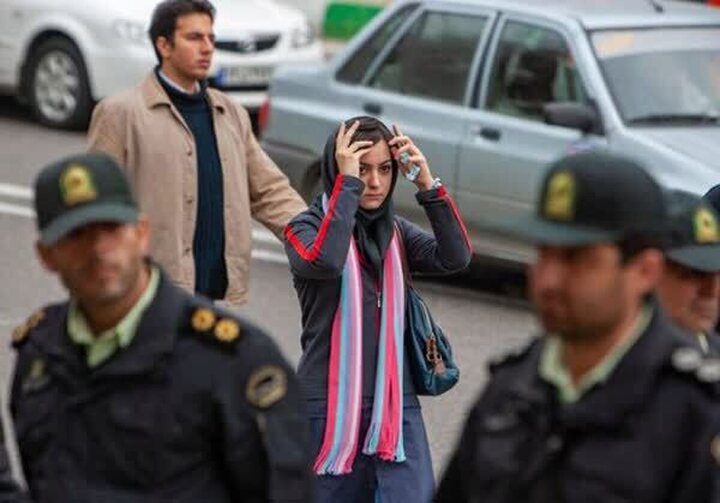

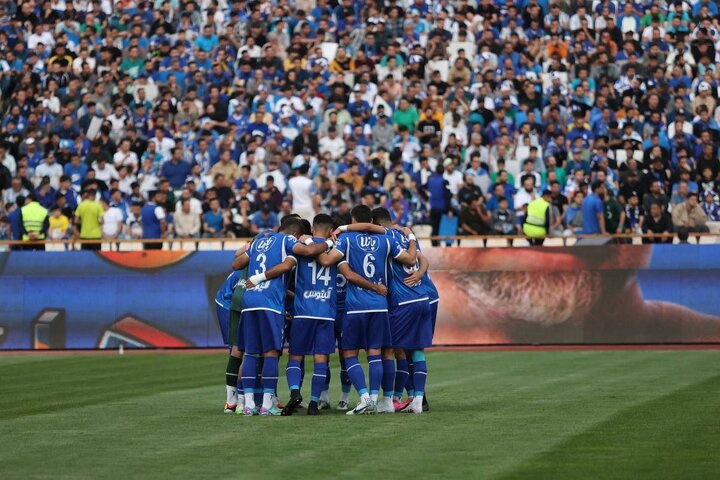





نظر شما